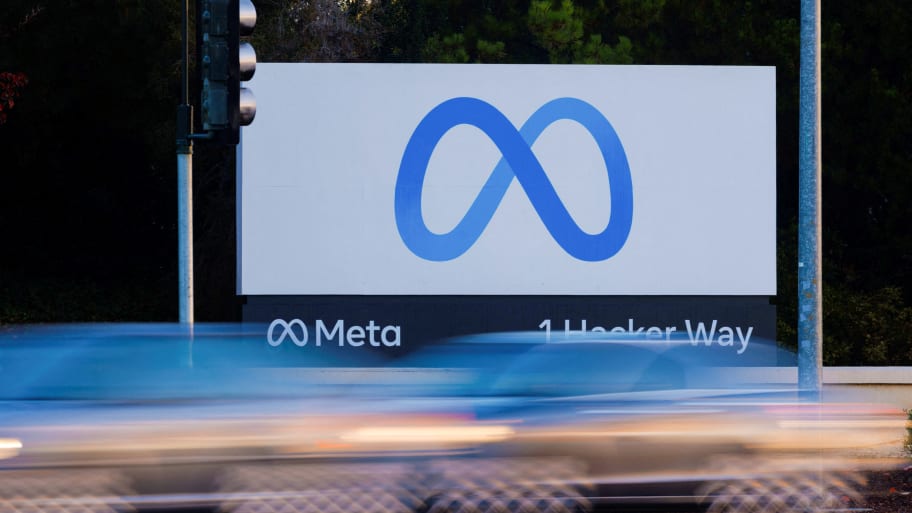Already a subscriber? Make sure to log into your account before viewing this content. You can access your account by hitting the “login” button on the top right corner. Still unable to see the content after signing in? Make sure your card on file is up-to-date.
Lawyers for Meta have officially filed a motion requesting the dismissal of the Federal Trade Commission’s antitrust case that is seeking to axe the company’s acquisitions of Instagram and WhatsApp.
Some shit you should know before you read: Back in 2020, the Federal Trade Commission (FTC) filed a landmark antitrust lawsuit against Meta, accusing the company of illegally maintaining its monopoly in the personal social networking market through a strategy of acquiring emerging rivals. The FTC alleges that Meta’s acquisitions of Instagram in 2012 and WhatsApp in 2014 were part of a deliberate “buy or bury” approach intended to neutralize competitive threats before they could grow into meaningful challengers. According to the agency, these deals harmed competition, stifled innovation, and deprived consumers of alternatives in the social media space. As a remedy, the FTC is seeking a court order that would force Meta to divest both Instagram and WhatsApp in an effort to restore competitive conditions in the industry.

What’s going on now: In a notable development, Meta has filed a motion asking US District Judge James Boasberg to dismiss the FTC’s antitrust case before the trial concludes, arguing that the agency failed to meet the standard required to prove Meta violated competition laws. The motion, known as a judgment on partial findings, was submitted immediately after the FTC rested its case in the ongoing 10-week trial.
Meta is requesting that the judge rule in its favor based on the evidence presented so far, which it claims shows no unlawful monopolistic behavior in its acquisitions of Instagram and WhatsApp. The company claims that the FTC’s definition of the “personal social networking” market is overly narrow and ignores competitive pressure from platforms like TikTok, YouTube, and iMessage.
Meta also disputes the notion that Instagram or WhatsApp were guaranteed threats at the time of their purchase, claiming instead that it took risks by investing in two unproven apps and ultimately turned them into globally successful platforms.
This all comes as Meta CEO Mark Zuckerberg made an unsuccessful attempt in early April to settle the case with the FTC before the trial began. The same report also revealed that Meta reached out to the Media Research Center, a conservative organization, in a last-ditch effort to build Republican opposition to the FTC’s lawsuit.






